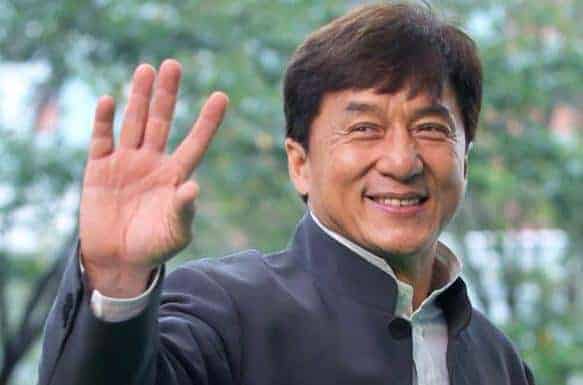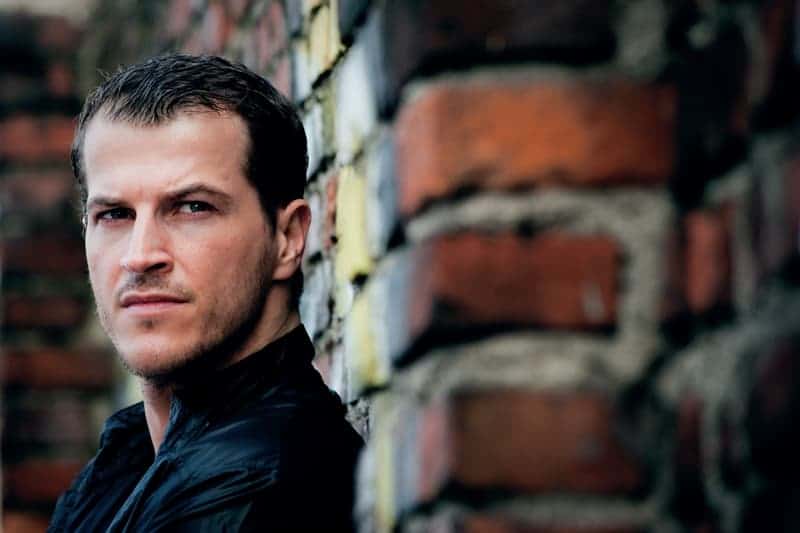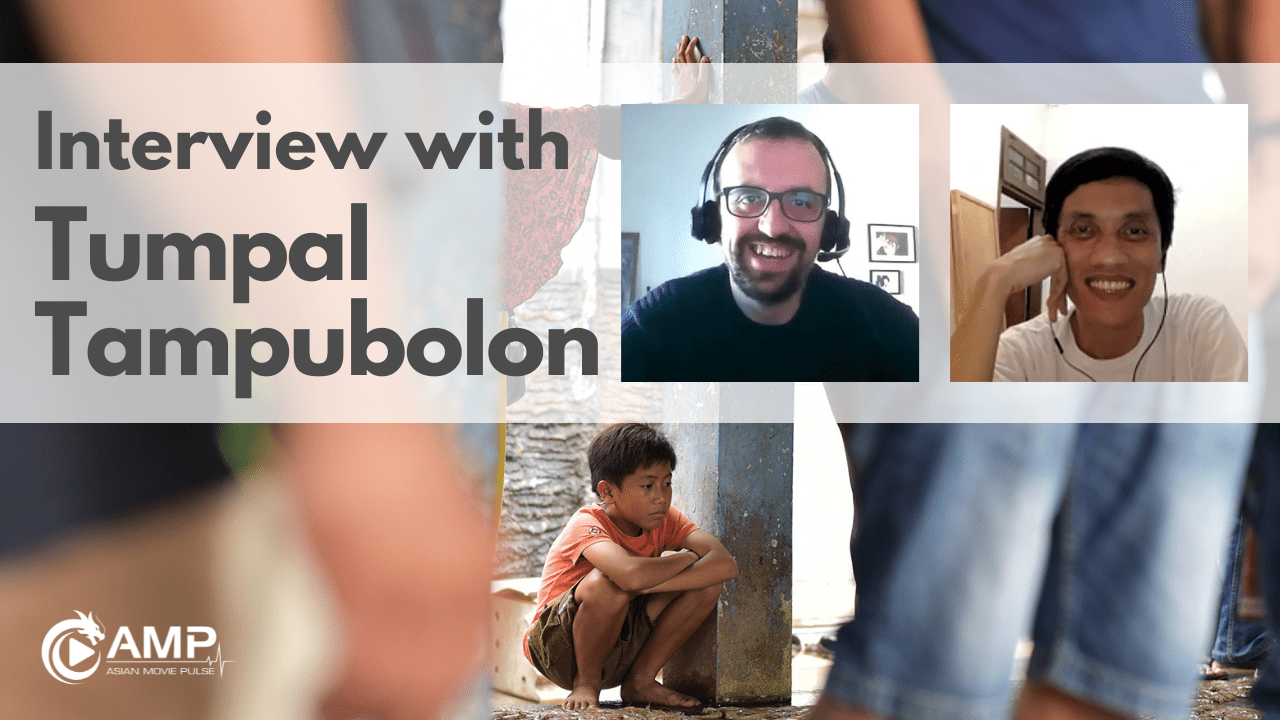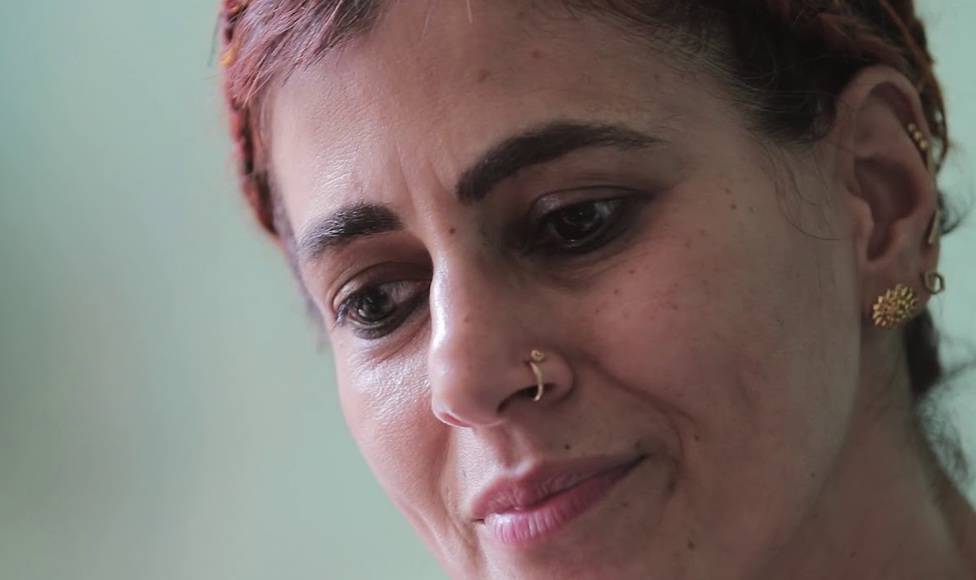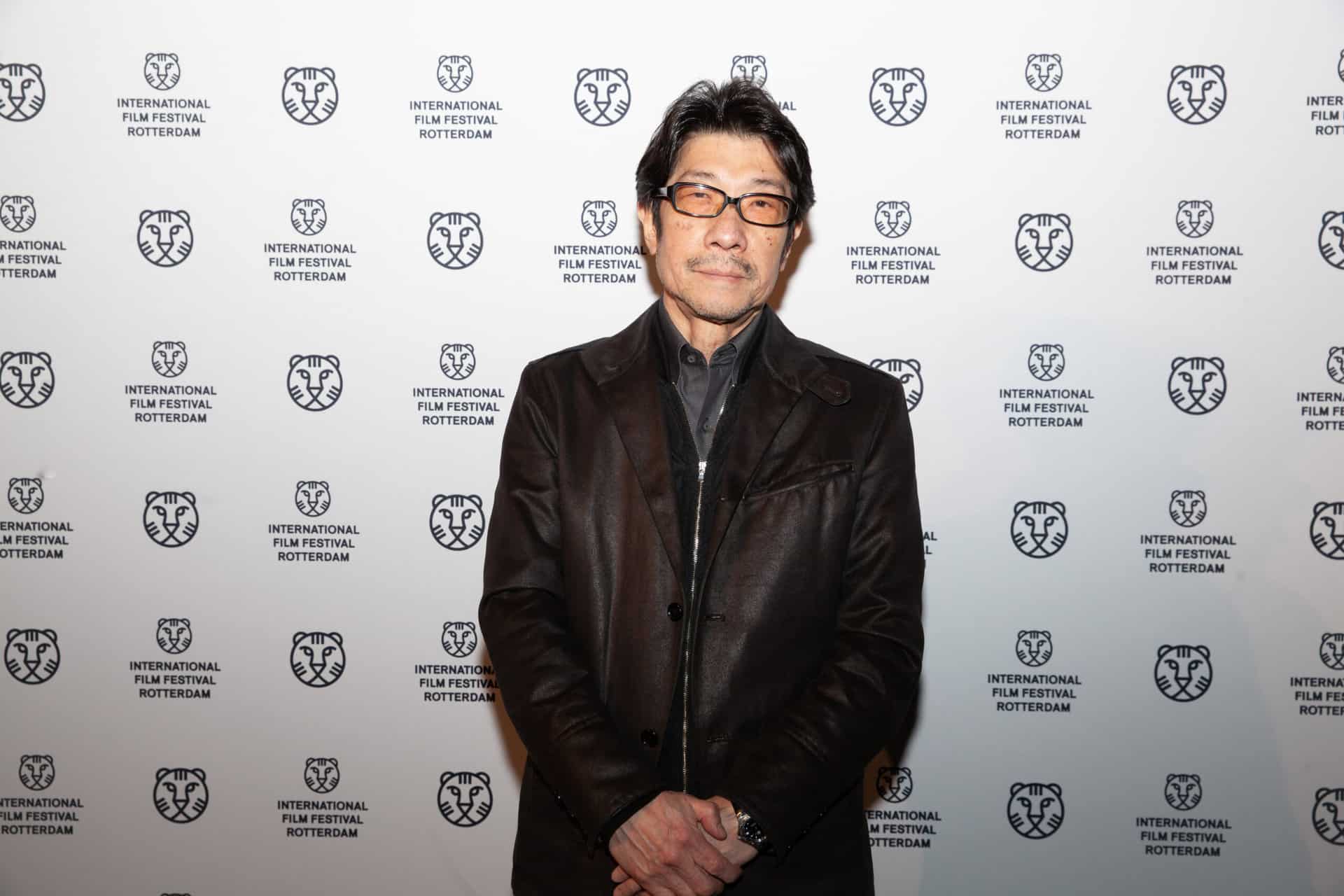Actress Yao Chen began her career in 2005 on the small screen with TV series “My Own Swordsman”. Two years later, she was the protagonist of another very popular series, “Lurk”, where she played a guerrilla. And the rest is, as they say, history, after she burst onto cinema screens in “Sophie's Revenge” (2009), “Color Me Love” (2010), “Caught in the Web” (2012), “Firestorm” (2013) and “Monster Hunt” (2015). Listed by Time Magazine and Forbes as one of the 100 most influential people on the planet and compared by journalists to Angelina Jolie both for her beauty and for her tireless commitment to social activism, she is a human right activist and a social media influencer with 80 million dedicated followers on the web. She was awarded the Golden Mulberry Award for Outstanding Achievement at the 21st edition of the Far East Film Festival.
Director Yue Lü was born in 1957 in China, and is known for “Thirteen Princess Trees” (2006) and “Mr. Zhao” (1998). He worked more often as director of photography, also collaborating with masters such as Zhang Yimou in “To Live”, Feng Xiaogang in “Aftershock” and John Woo in “Red Cliff”.
Producer Jessica Chen started working in cinema in 1998 and since she has produced films such as “Cold War” and “Monster Hunt”.
On the occasion of their film “Lost, Found” being screened at Udine Far East Film Festival 21 we speak about the divide between women in cities and in the countryside, using the Korean film “Missing” as a starting point and many other topics.

As a director, Mr Lü, what convinced you to accept the “Lost, Found” project after more that 10 years since you last film in the director role?
Lü Yue: This story touched me. I experienced the drama of a sick child – fortunately now cured – and I empathized with the pain of the women in the film. When the producer introduced me to the script, we tried to adapt the story for a Chinese context, focusing on the two main characters: a city woman and one from the countryside. The public appreciated the result and personally it was stimulating and challenging to accomplish such a female-orientated film.
And for you as a producer?
Jessica Chen: The story struck me above all for the transformation of the main character and for the idea of how the viewer could experience this change at his side. We discussed a lot about this development with the screenwriter, the director and Yao Chen who is the interpreter. I also liked the idea of making a project that was almost all female, with roles that could enhance the talent of the actresses; not only Yao Chen, but also Ma Yili. There are still too few films of this type in Chinese cinema.
What prompted you, Mrs Chen, to accept the role of Li Jie?
Yao Chen: When producer Jessica Chen came to me to talk about this project, I immediately said yes. In my opinion, there are few female roles in Chinese cinema that are so complete, and I couldn't refuse a proposal; that was really interesting. Li Jie is a concentration of so many women I know, they inspired me in building this character. But it is a universal film; it talks about women all over the world who often live under pressure between work commitments and family. At first, I thought what LI Jie sufferings in life, to be able to balance her working and personal life only existed in China. However, by visiting Italy these days, I realized the Italian women suffer the same issue. This is a universal issue!

How did you prepare for the film? Did you start comparing it with the Korean “Missing”?
Lü Yue: When we were talking about the script, I suggested watching the original Korean film “Missing”. In the adaptation, we kept three main points from it. Firstly, the scene of swapping the bed in the hospital, when the child from the wealthy and poor family switch the bed, causing the revenge; second, the plot of keeping the body of the dead kid in the freezer; lastly, the destiny of the nanny. In the Korean version, she is an illegal immigrant from China, and end up in death. The rest of the script revolves around life experiences of women from the suburban cities in China, one of them a nanny; another one is a successful female lawyer. From the parent's perspective of view, the gap between the countryside and city women is enormous. Most of the countryside women do not have an independent awareness of independence. On the contrary, the city girls are pretty advanced on this topic. From the male point of view, if you touch a lady's hand in the city, that might be labeled as the #METOO issue. After shooting, I realized some of the issues might be not too heavy for the city women to handle, while it would be a black hole for the countryside women. This problem cannot be solved quickly, but we are working on it.
Jessica Chen: I hadn't watched the Korean version; I only read this script. The most valuable point on this script is the thread and the storyline of a Chinese working mom who loses her daughter, and she finds out her nanny's back-story during the investigation. I didn't want to present only the thriller or crime part of the film to the Chinese audience; that would have been too plain. The Chinese market requests more impact from the female characters and how the accident conflicted and impacted the relationship between the characters, during and after. Our primary focus during the adaptation was on the original Korean version but adding more communication and conflict between the women from the entirely different background, who eventually understand each other.
Mrs Chen, what was you starting point to prepare this multi-faceted character?
Yao Chen: As a starting point it was essential to talk with screenwriter Qin Haiyan, to deeply understand the character and its evolution in the story. Surely I must also thank my two children, without the experience of being a mother I might not have been able to make this film in the same way. The character makes a clear transformation in the arc of the film. I think that building a character is a bit like painting. It starts from a rough structure, then the inner contours are outlined and the colors are added. Li Jie's character at first seems to have only cold tones, but then warm ones start to appear. She is hard, but in the end also fragile. With the screenwriter, but also with the director and the producer, we discussed a lot the path that the character had to complete. In the first part his rigidity had to emerge, that coldness that makes her seem indestructible. Later, however, she changes. She is struck at her weak point, shatters into a thousand, destroyed by terror when her daughter is kidnapped. It's like a stiff tree, if a storm comes, it can break. But this drama also brings her closer to the greater force of love.

How did “Lost, Found” impact you and what message did you want to send to the audiences?
Yao Chen: After I played Li Jie, I realized something else. Li represents the middle class in China. Currently, the middle class suffers a lot of difficulties in China. It's not easy for her to get a better life. That's the remarkable point of this film. It presents the two women from two entirely different backgrounds, objectively. They are all trapped by the different problems in their life, but of the same gravity. The film focuses not only on the mother's love but also covers some social issues. Our film touches a very realistic topic in China, of women with various backgrounds and how they deal with their own issues. Art itself shouldn't be used to solve issues or problems but instead to present those problems. Only when a question is asked, people would start thinking. So that problem can be addressed in the future.
Jessica Chen: There are two points for me that convinced me to produce this film and wanted to be conveyed in it. Firstly, I'm a professional woman, and understand a lot of the trouble women would meet at work. After we released the film, the reaction from the friends and the reviews on Weibo (similar to Twitter, widely used in China) are being very positive. We have some data to show this is a very different film; in fact we had the highest number of single women watching this film. Secondly, the film causes resonance and we could introduce all these wonderful and professional actresses to world audiences.
Can you tell us more about the market change from a producer's point of view?
Jessica Chen: I started working in the movie industry in 1998. Today, the Chinese market has grown a lot, they have way more money and this is certainly positive. Production work is still difficult; we must remember that there is a great responsibility towards investors, authors and the public.
Director Lue, you are not just a director. In fact you worked more often as DOP, also collaborating with masters such as Zhang Yimou, Feng Xiaogang, John Woo. What did you learn from them about directing and how was the collaboration with your own DOP?
Lü Yue: They taught me a lot; starting as a technician and collaborating with them, I was able to explore the different aspects related to direction. Everyone has his own method, but they have in common the great attention to the story, the development of the characters and the acting of all the performers. I am convinced it is better to keep the two skills separate. The director of photography must work for the director, he can give advice, but the decisions are up to the director. To my DOP, I only asked to do some tests on the lights first, so that everything went smoothly on the set and we respected our schedule. We had two big stars as protagonists, Yao Chen and Ma Yili, and we could not risk wasting time. The budget was good, but not very high for today's Chinese market standards.

Mrs Chen, you have also become a producer?
Yao Chen: Yes, we opened a small company, Bad Rabbit, and joined this film as co-producers. But especially to help with the distribution and communication. I am now discovering this new job in the cinema, which is really very difficult, more demanding than being an actress. A profession of great responsibility where we need to think about lots of different things.
You are also very busy with you social life. With tens of millions of followers, you are the queen of Weibo!
Yao Chen: They have grown over ten years since I started. In a sense you lose a little freedom, you feel the weight of responsibility. But it also gives you the great satisfaction of sharing beautiful things and important messages. It is now a part of me, inseparable. When I look back and re-read what I wrote, I can see how I've grown over the years. My goal is always to continue to grow and work on projects I believe in. Whoever does this job must never sit down and fall in love with himself, but engage and think that the next will always be the best role.



